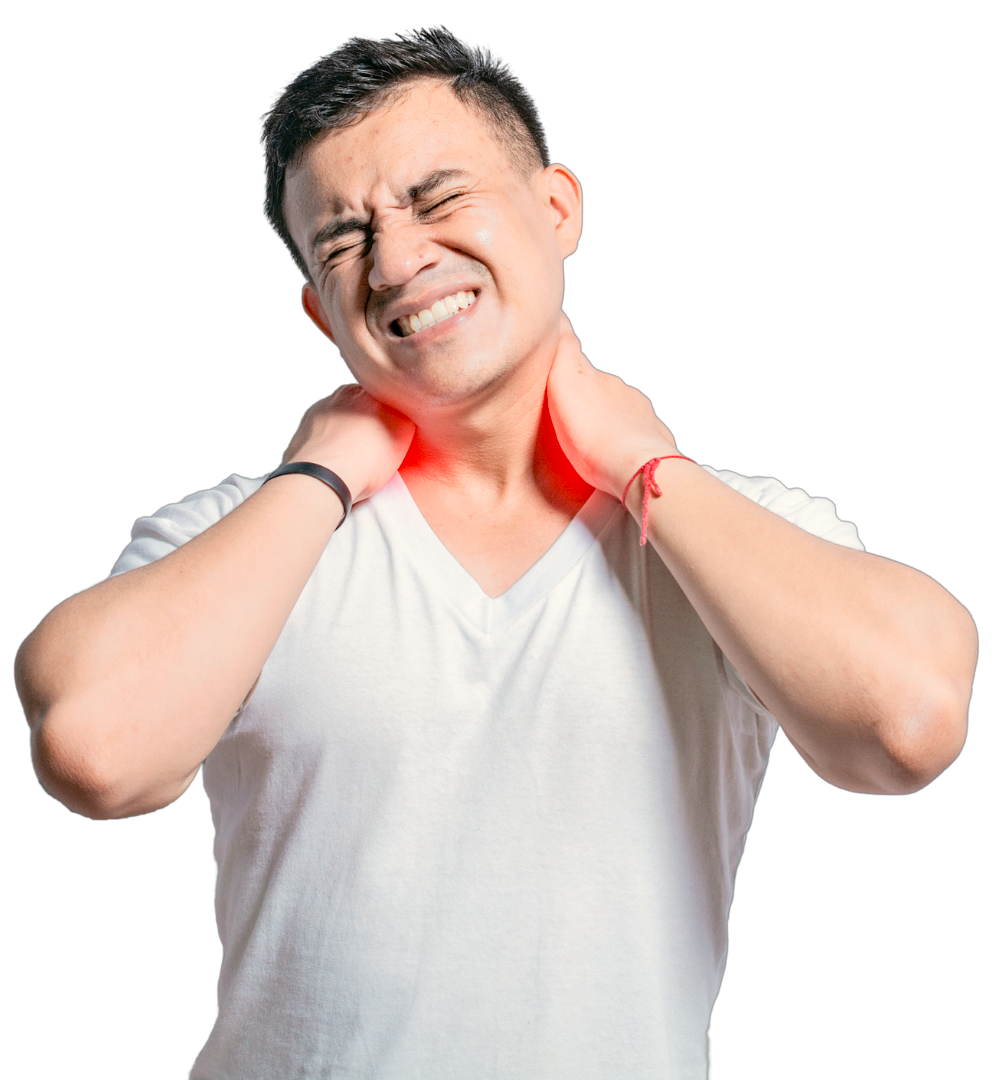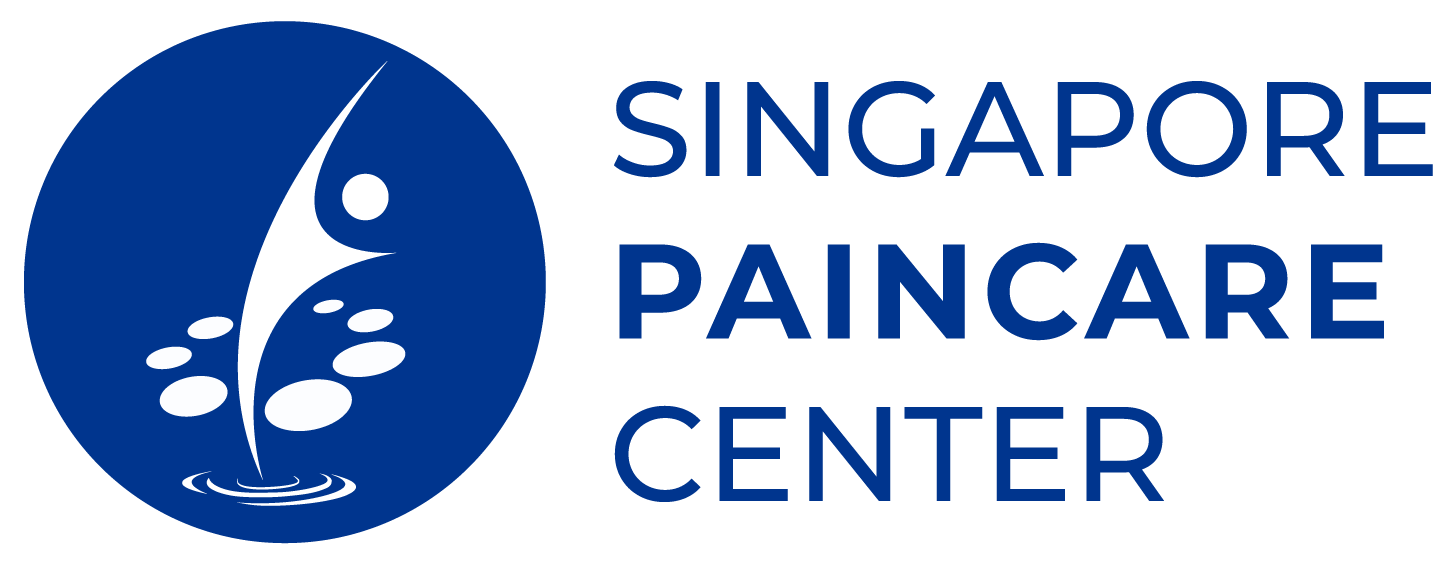Neck Sprain
About Neck Sprain
The neck consists of ligaments which are strong bands of connective tissues that have a certain amount of elasticity. This allows them to stretch with joint movement and return to their normal position. Ligaments in the neck connect the cervical vertebrae to each other.
A neck sprain or strain occurs when the ligaments or muscles in the neck are stretched too far and tears. When we fall or are involved in a car accident, the neck undergoes an acceleration deceleration motion, thereby causing the neck sprain as a whiplash injury.
What Causes Neck Sprain
A neck injury generally causes neck sprains or strains. Neck injuries can result from car accidents, direct blows to the head, or when a force lands on your head top. Sometimes neck sprain can occur without any force or sudden movement of the neck. Waking from an awkward posture during sleep can result in a neck sprain.
Neck sprains or strains of the neck can also result from:
- Falling
- Repetitive movements
- Poor posture
- Lifting a heavy object

What Causes Neck Sprain
A neck injury generally causes neck sprains or strains. Neck injuries can result from car accidents, direct blows to the head, or when a force lands on your head top. Sometimes neck sprain can occur without any force or sudden movement of the neck. Waking from an awkward posture during sleep can result in a neck sprain.
Neck sprains or strains of the neck can also result from:
- Falling
- Repetitive movements
- Poor posture
- Lifting a heavy object
Symptoms Of Neck Sprain
Pain
Stiffness
Other Symptoms
A Message About Neck Pain
A neck sprain can be a very painful episode. It may feel so intense that patients may think it is a nerve compression or the cervical spine is fractured. This sprain can inhibit neck movement, causing patients to feel that there is nerve compression causing restrictions. Very often, patients may feel that the stronger the pain intensity, the more severe the condition. The trigger for neck sprain may range from severe impact whiplash injuries to innocuous non-activities related injuries like getting a neck sprain from sleeping in a poor posture.
A simple neck sprain if not treated correctly may progress to chronic neck pain such as Cervicalgia. Chronic neck pain is often mistaken as a bone spur, slipped disc, nerve compression and neck fracture. Chronic neck sprain may present as neck pain with persisting neck stiffness and tightness. Excessive massage or pressure manipulation can worsen some neck sprain, aggravating patients.
Diagnosing Neck Sprain
At Singapore Paincare clinics, our team of experienced primary care doctors and pain care specialists together with an orthopedic surgeon will evaluate your condition. Our doctors will also carry out physical examinations to look out for the above symptoms of neck sprains. MRI cervical spine may be needed to evaluate and exclude cervical spine causes of neck pain.
What Treatments Are Available for Neck Sprain?
Our goal at Singapore Paincare is to treat your pain with the least invasive option after accurately identifying the cause of your pain. Our approach to pain resolution focuses on the removal of pain generators via specialised injection and minimally invasive procedures. Combined with pharmacological treatments and cognitive and physical rehabilitative therapies, we help patients improve their functions and prevent pain from recurring.
Non-Surgical Treatments for Neck Sprain
Non-Steroidal Anti-Inflammatory drugs
Coreflex Injection
Our Coreflex injection uses a mix of local anaesthetic, anti-inflammatory and muscle relaxant, which helps to break the pain cycle, reduce inflammation, and improve healing.
Myospan PRP injection
Physical Therapy
Surgical Treatments for Neck Sprain
There is no surgical treatment for neck sprains. Non-surgical methods are generally effective but full recovery may take up to 3 months if the injury is severe.
How Can I Prevent Neck Sprain?
While you can’t fully protect yourself from any accidents that may cause a neck sprain, incorporating these strategies can help prevent neck sprain:
- Regular exercises and stretches
- Trying a different type of pillow
- Maintaining a proper posture
- Keeping yourself hydrated
- Sleeping on your back
Get Your Pain Resolved
Send your enquiries or consult our pain experts today.


